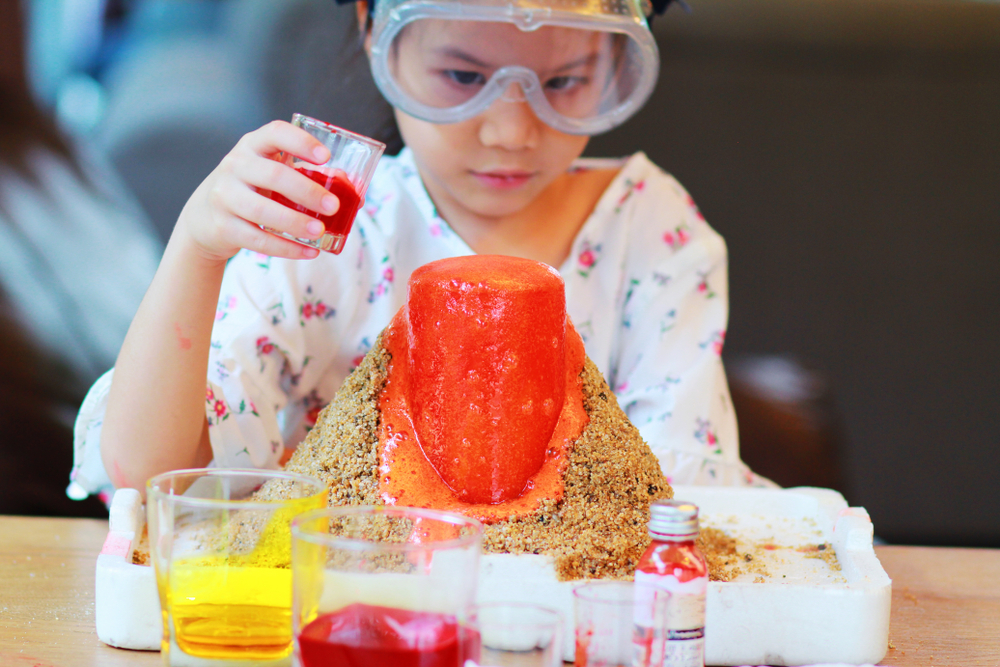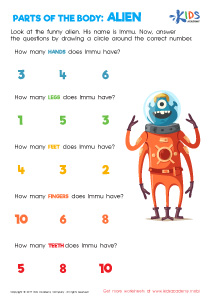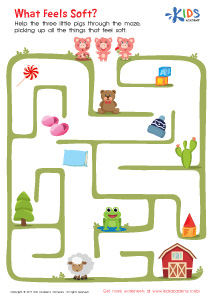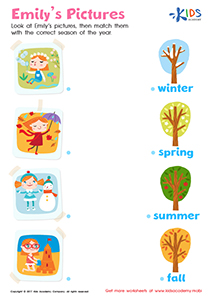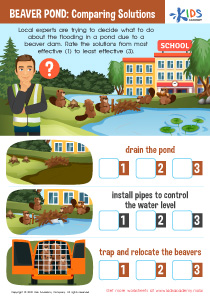Extra Challenge Science Worksheets for Ages 4-5
11 filtered results
-
From - To
Dive into the wonders of science with our "Extra Challenge Science for Ages 4-5" worksheets! Designed specifically for young, curious minds, this collection ignites a passion for discovery through fun and engaging activities. Each sheet is tailored to challenge and stimulate the intellect of preschoolers, encouraging critical thinking and problem-solving skills from an early age. Whether it's exploring the basics of the natural world or conducting simple, safe experiments, these worksheets pave the way for a lifelong love of science. Perfect for at-home learning or classroom enrichment, "Extra Challenge Science for Ages 4-5" promises to make learning an adventure!


Robot Printable
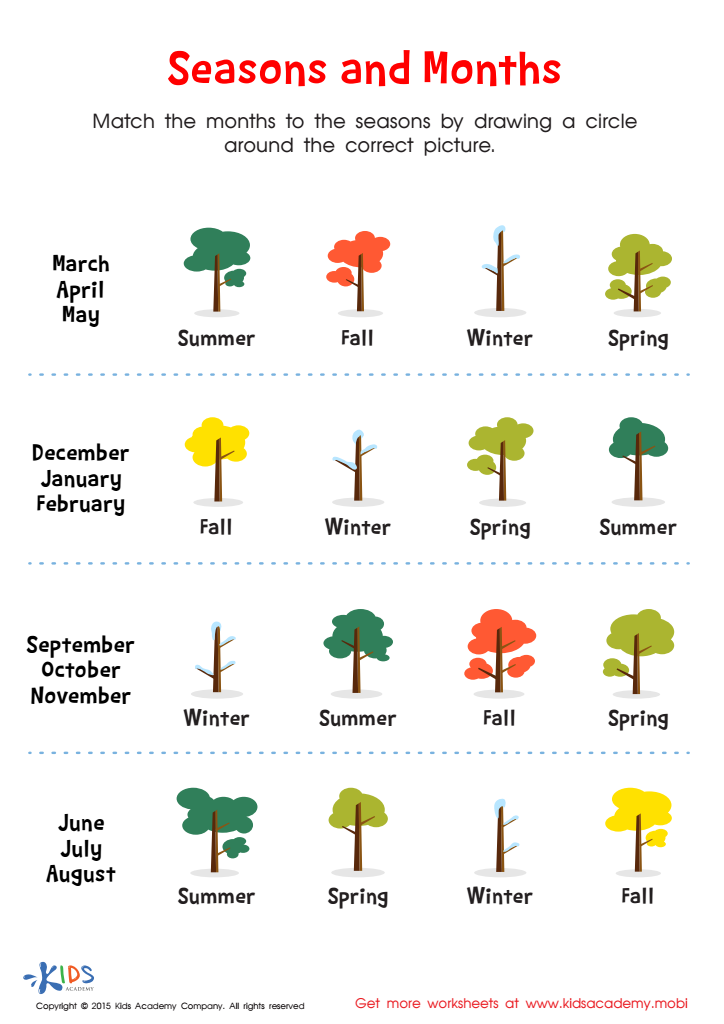

Seasons and Months Worksheet
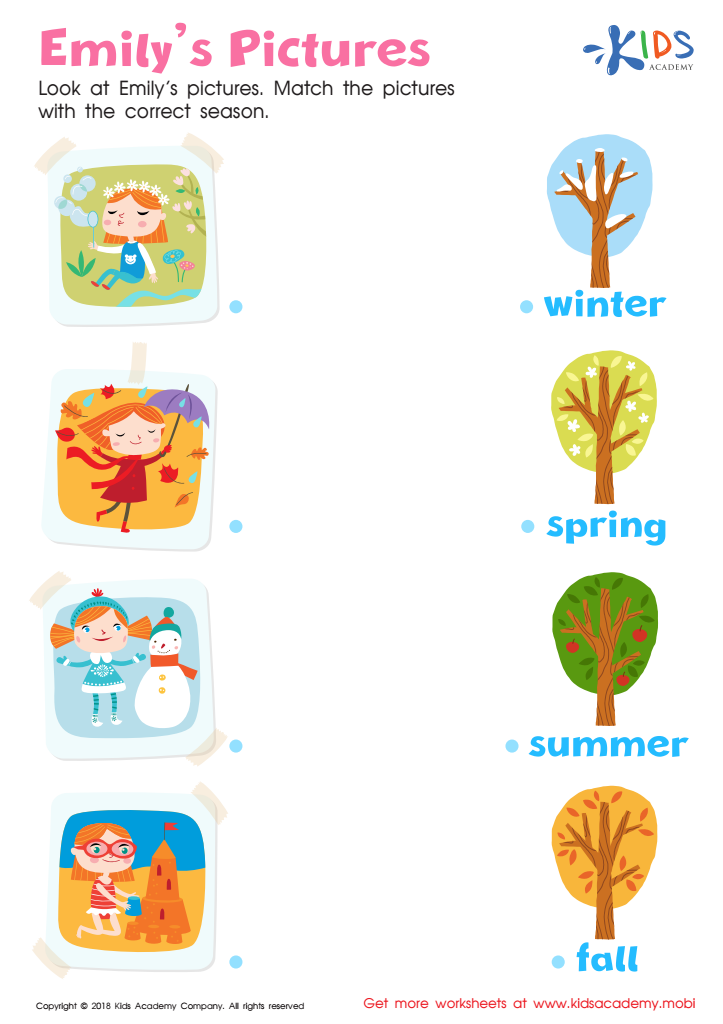

Emily's Pictures Worksheet
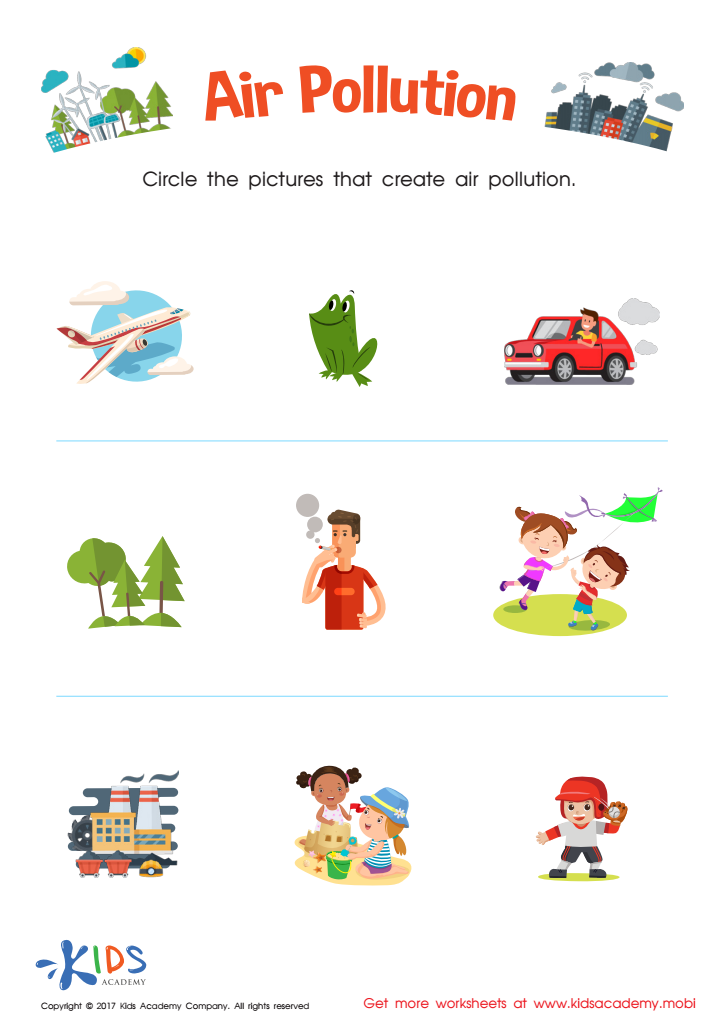

Air Pollution Worksheet


Alien Worksheet
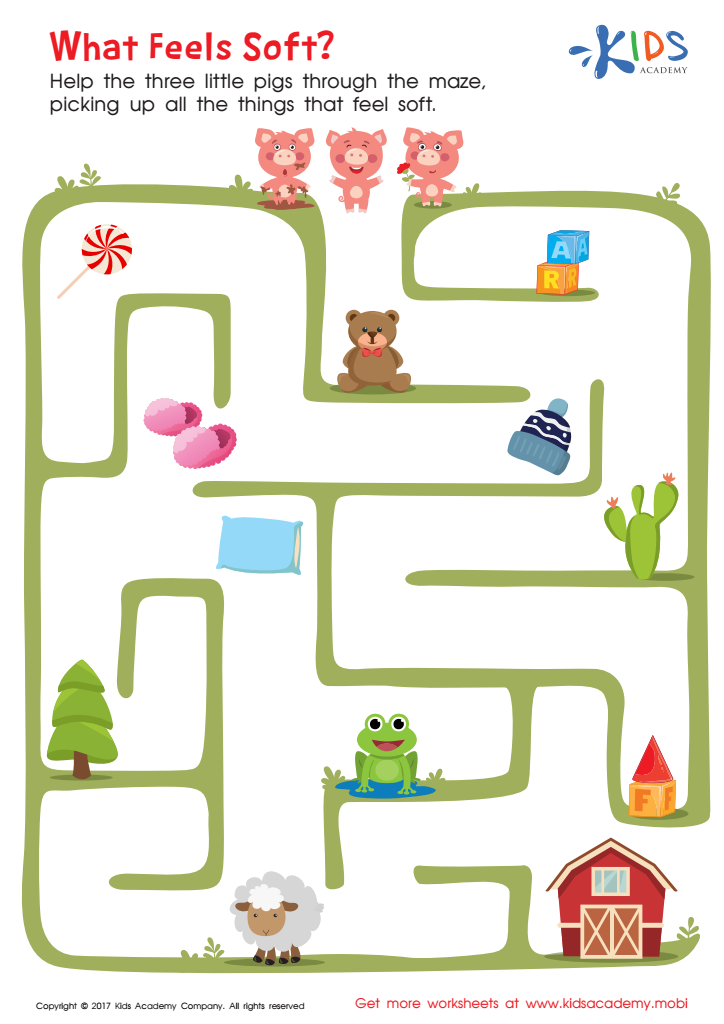

What Feels Soft Printable
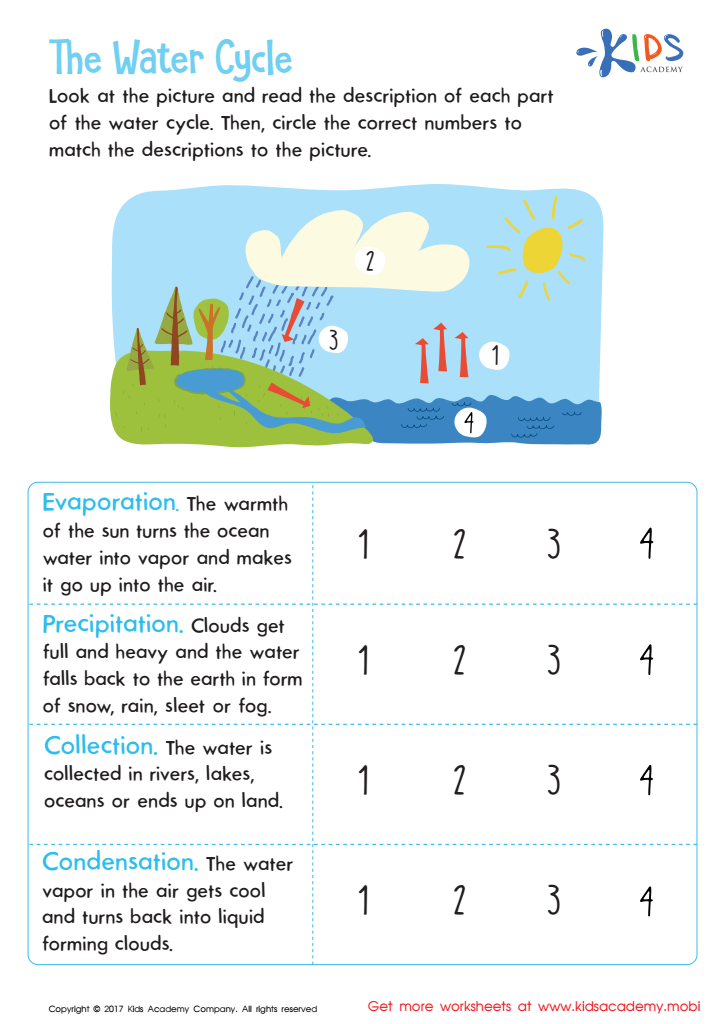

The Water Cycle Worksheet
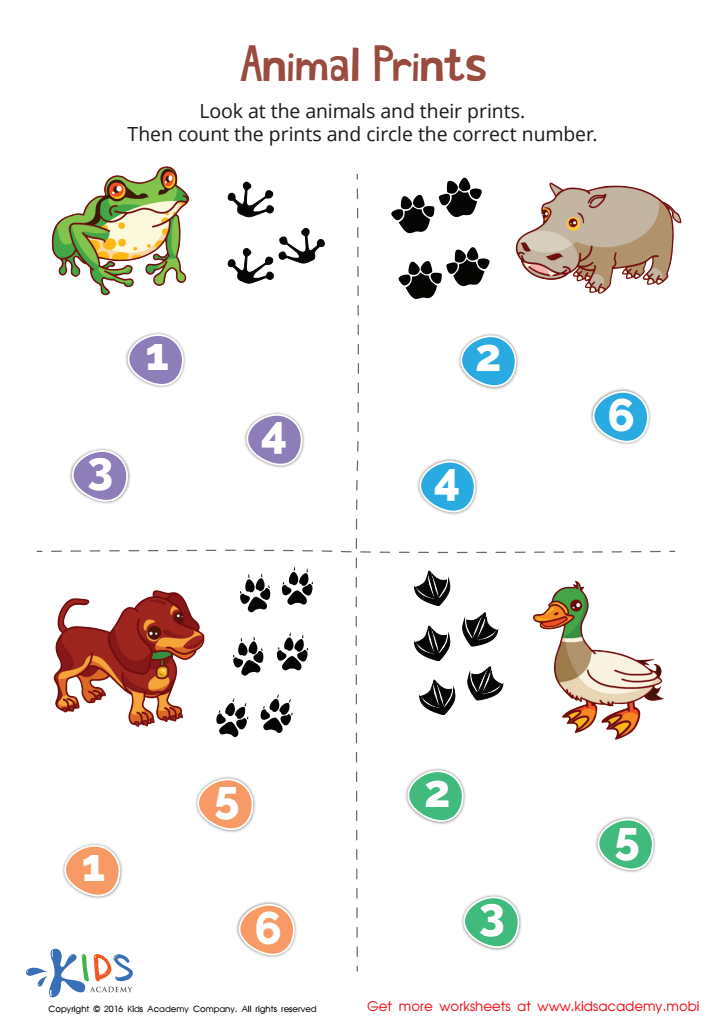

Animal Prints Match-Up Worksheet
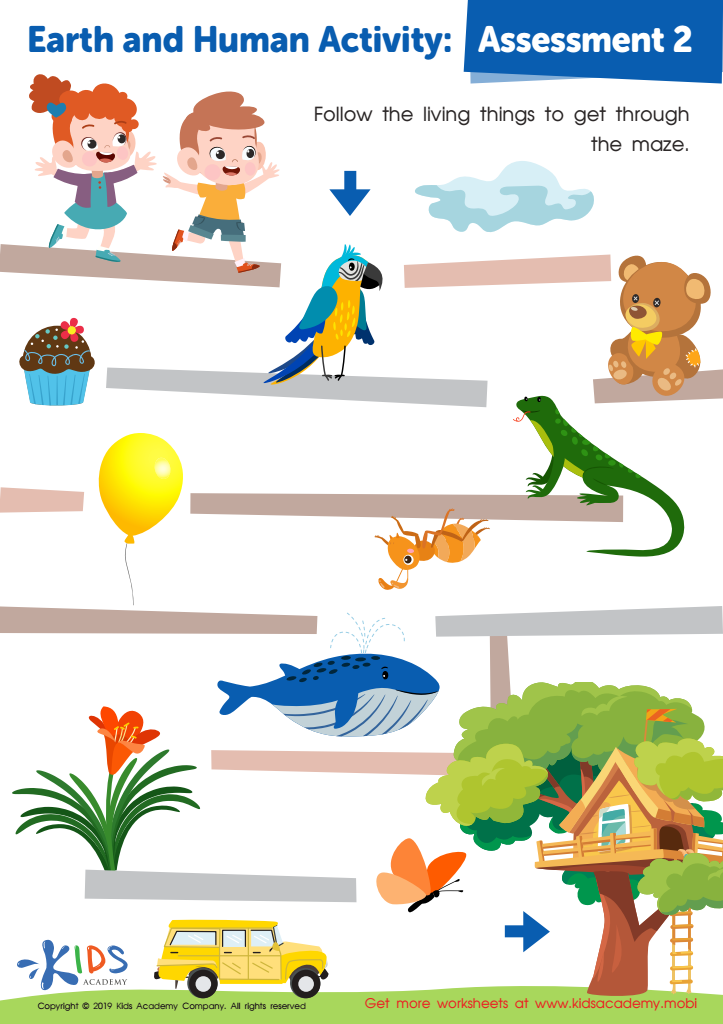

Earth and Human Activity: Assessment 2 Worksheet
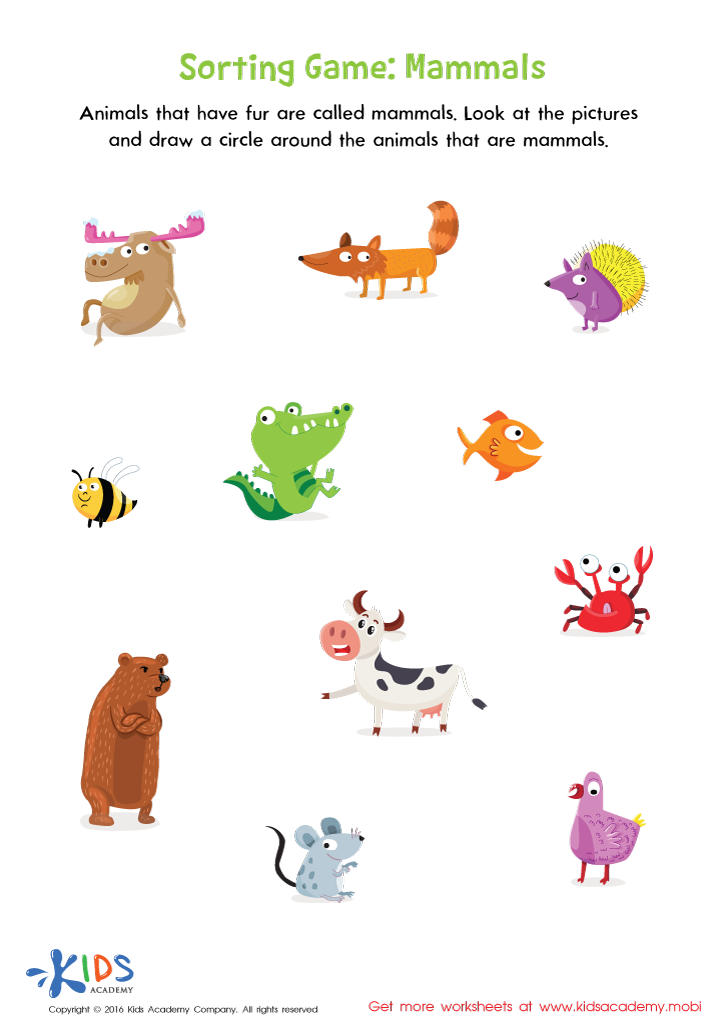

Mammals Sorting Worksheet
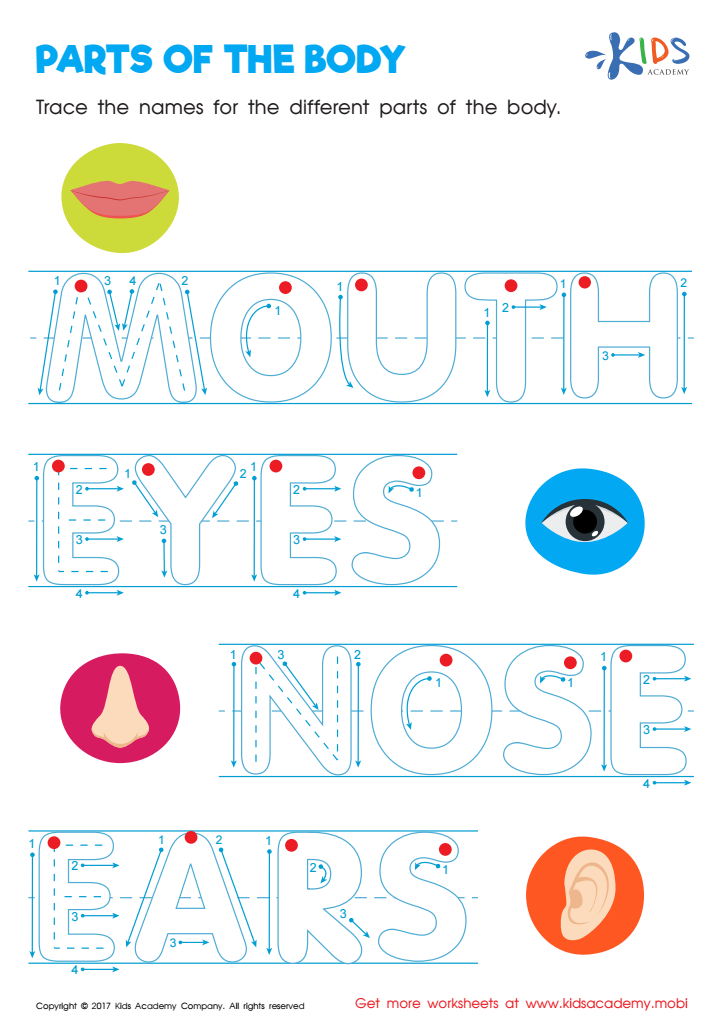

Extra Challenge Science worksheets for Ages 4-5 offer a unique and enriching opportunity for young learners to delve deeper into the fascinating world of science. At this pivotal age, children are naturally curious and eager to learn about the world around them. These specially designed worksheets cater to this innate curiosity by introducing complex scientific concepts in a simplified and engaging manner.
The beauty of Extra Challenge Science worksheets lies in their ability to stretch the young mind beyond the basics. For children aged 4 to 5, understanding science is not just about knowing facts; it's about developing critical thinking, problem-solving skills, and a passion for inquiry. These worksheets are crafted to challenge young learners, encouraging them to think critically and ask questions, which is essential for their cognitive development.
Moreover, the worksheets are designed to be fun and interactive, making learning an enjoyable experience. This not only helps in retaining children's interest in science but also fosters a positive attitude towards learning. By tackling more challenging content, children gain confidence and a sense of accomplishment, which is crucial for their self-esteem and academic growth.
In conclusion, Extra Challenge Science worksheets for Ages 4-5 are an invaluable resource. They not only supplement the basic curriculum but also enrich young learners' educational journey by making science accessible, enjoyable, and stimulating.
 Assign to the classroom
Assign to the classroom




